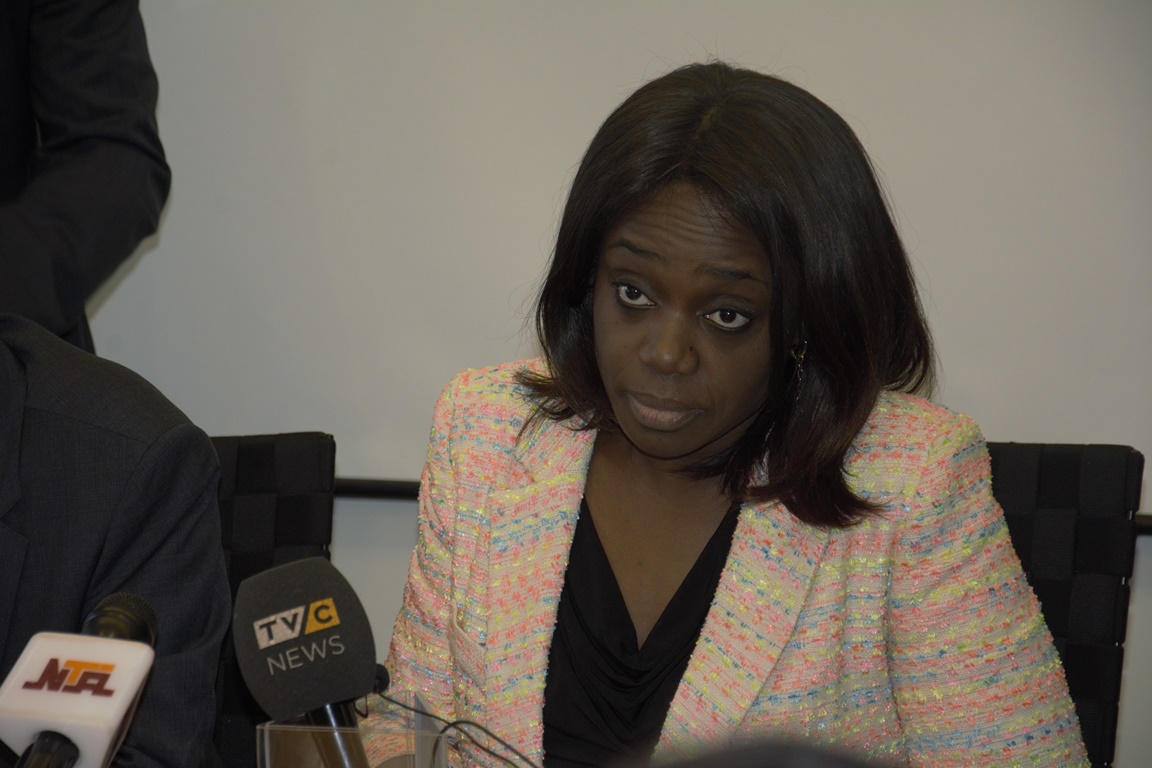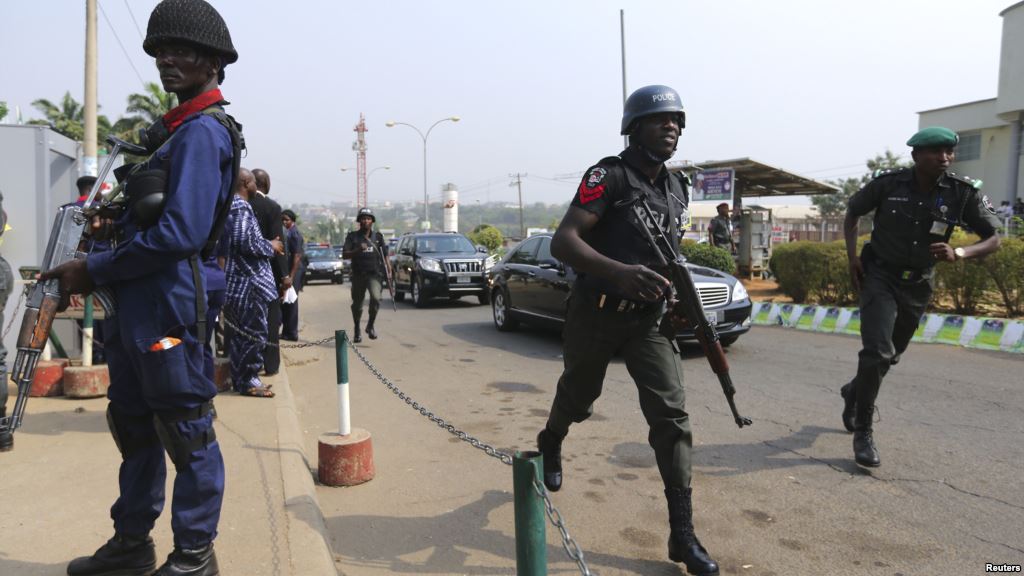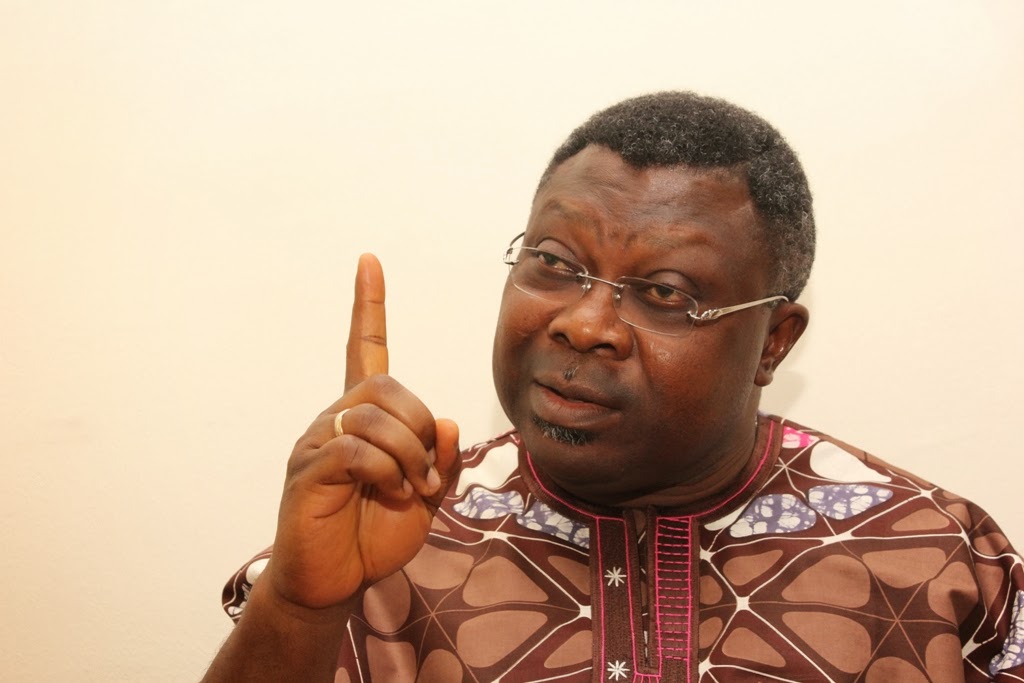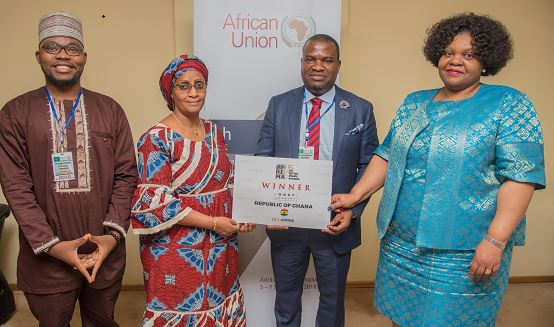The monetary policy committee of the Central Bank of Nigeria has kept interest rate at 14% for two years.
Analysts and businesses alike have expected that the committee to cut rates and reduce the cost of borrowing.
In this interview with TheCable, Lukman Otunuga, an economic analyst with FXTM, explains why the committee cannot reduce interest rates yet.
TheCable: Do you think the MPC will cut interest rates at their next meeting?
Advertisement
Otunuga: With interest rates at 14%, it’s weighing in on businesses, businesses are finding it hard to borrow because paying back is expensive. Interest rates being at 14% has somewhat impacted Nigeria’s economic growth.
If we get to a situation where inflation can dip below 10%, that will be enough leverage for the CBN to cut interest rate to 12% by the end of the year. Even though this may be the case, we have to keep in mind that Federal Reserve is speculated to raise interest rates two times this year. So if the Federal Reserves is raising rates and the CBN cuts, this widens the monetary policy divergence between the Federal Reserve and CBN. This will ultimately accelerate capital outflows in Nigeria, ultimately impacting growth so this is a very tough decision for the CBN to take.
For the CBN to move forward to cutting interest rate, GDP needs to be very strong and inflation needs to moderate. Going back to inflation, we still have cost pressure inflation situation because of election spending. Oil prices need to be at elevated levels.
Advertisement
If these three things hold, then the CBN has the ability to cut to 12% by the end of the year, they are less likely to raise interest rate because this will make it more difficult for businesses to borrow and ultimately impact growth.
To what would you attribute the dip in the Nigerian Stock Exchange?
Otunuga: The stock exchange is crashing for external and domestic reasons. For domestic factors, it’s because of the elections that are coming up so normally, the stock exchange trades lower before election and jumps higher after election but you have to keep in mind that even though this has been the trend of the past 10 years, 10 years ago, Nigeria had not just exited recession, Federal Reserves were not looking to raise rates, oil prices were trading at very good levels.
TheCable: How will the recent Naira-Yuan deal help the economy?
Advertisement
Otunuga: It could reduce some appetite for the dollar and at the same time could make trading between China and Nigerian businesses more effective and such has the ability to improve economic growth. In the long term, this would support the naira because rather than hunt for the dollar, it would be the yuan.
TheCable: What are your comments on the continued intervention of the CBN in the forex market?
Otunuga: We can see that the global trade tension and especially the Lira crisis have caused emerging market currencies to sharply depreciate but then interestingly, the naira has witnessed stability so this continues to reinforce that the CBN is intervening to support the naira. Why is the CBN able to intervene? It’s simply because oil prices remain at elevated levels and supported the foreign exchange reserve. This could continue to offer stability in the short term, in the long term, this could create a problem especially when you look at the outlook of oil.
Oil prices are prone to trade lower of oversupply continues. At the same time, global trade tensions could impact growth and reduce the demand for oil. Not only should the CBN allow the naira float, they should move to abolish the multiple exchange rate because we still have the black market rate, we have the CBN rate and official rate.
Advertisement
Domestically, the CBN may have somewhat eliminated the multiple exchange rate and it may benefit Nigerians but if you look at what the foreign investors are seeing, they still need to move towards a unified exchange rate.
Advertisement
Add a comment







